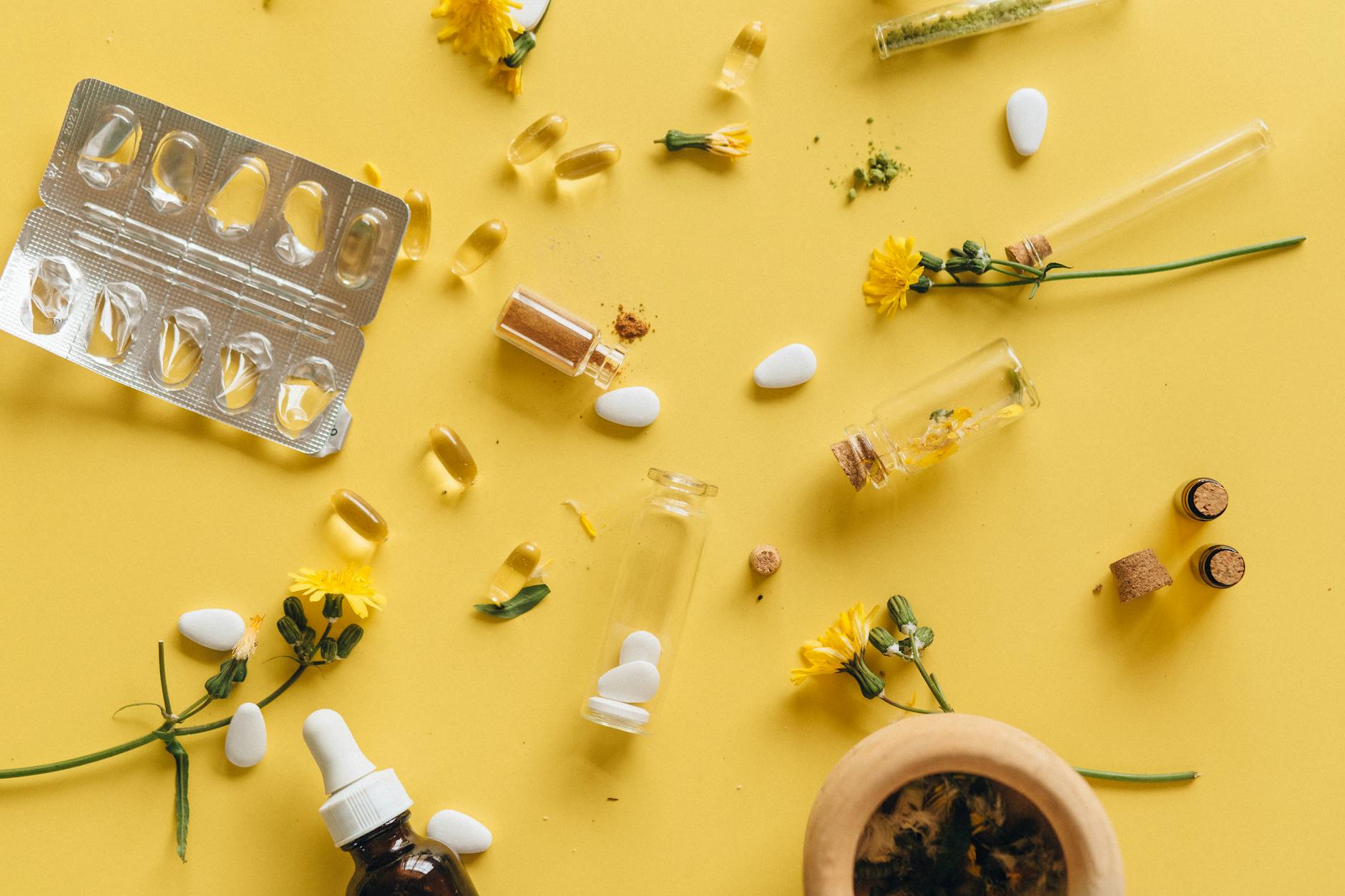Uncover the secrets to surviving kidney stones once and for all – the stone cold truth you need to know!
Table of Contents
Welcome, health warriors! Kidney stones can be a real pain – quite literally. If you’ve ever experienced the sharp discomfort of kidney stones, you know just how unbearable it can be. In this comprehensive guide, we’ll dive deep into understanding kidney stones, their causes, symptoms, and most importantly, natural remedies to help you combat this pesky condition. So, sit back, relax, and let’s explore the stone cold truth about kidney stones.
Understanding Kidney Stones
Before we jump into remedies, let’s start by understanding what kidney stones actually are. Kidney stones are small, hard deposits that form in the kidneys. These stones are made up of mineral and acid salts that clump together in the urine due to various factors. The size of kidney stones can vary – from as small as a grain of sand to as large as a golf ball. They can cause excruciating pain when passing through the urinary tract, leading to symptoms like intense back or side pain, urinary urgency, and discomfort during urination.
Causes of Kidney Stones
Several factors can contribute to the formation of kidney stones. Dehydration is a common culprit, as insufficient fluid intake can lead to concentrated urine, making it easier for mineral deposits to accumulate. Other risk factors include a diet high in sodium or oxalates, certain medical conditions like gout or urinary tract infections, and a family history of kidney stones. Understanding the underlying causes can help you take preventative measures to reduce your risk of developing kidney stones.
Natural Remedies for Kidney Stones
When it comes to managing kidney stones, natural remedies can play a significant role in easing symptoms and preventing future occurrences. Here are some effective natural remedies to consider:
1. Stay Hydrated
One of the best ways to prevent kidney stones is to stay well-hydrated. Drinking plenty of water helps dilute the minerals and salts in your urine, making it less likely for kidney stones to form. Aim to drink at least 8-10 glasses of water a day, and even more if you live in a hot climate or engage in strenuous physical activity.
2. Lemon Water
Lemons are a natural source of citrate, which can help prevent kidney stones from forming. Squeeze fresh lemon juice into a glass of warm water and drink it first thing in the morning. The citric acid in lemons can increase the volume of urine and reduce the risk of stone formation.
3. Herbal Teas
Herbal teas like dandelion root, nettle leaf, and corn silk can help support kidney health and prevent the formation of kidney stones. These teas have diuretic properties that can enhance urine production and promote the elimination of waste products that can contribute to stone formation.
| Topic | Information |
|---|---|
| What are Kidney Stones? | Kidney stones are hard deposits of minerals and salts that form in the kidneys. They can vary in size and cause intense pain when passing through the urinary tract. |
| Causes | Common causes of kidney stones include dehydration, diet high in salt or protein, family history of kidney stones, and certain medical conditions. |
| Symptoms | Symptoms of kidney stones may include severe pain in the back or side, pain with urination, blood in the urine, and nausea or vomiting. |
| Treatment | Treatment options for kidney stones include medication to help pass the stone, lithotripsy to break up the stone, or surgery to remove the stone. |
| Prevention | Preventing kidney stones can be done by staying hydrated, eating a balanced diet, reducing salt and protein intake, and avoiding certain medications. |
4. Dietary Modifications
Make dietary changes to reduce your intake of oxalate-rich foods like spinach, beets, and almonds, as these can increase the risk of kidney stone formation. Focus on a well-balanced diet that includes plenty of fruits, vegetables, lean proteins, and whole grains to support overall kidney health.
5. Apple Cider Vinegar
Apple cider vinegar is believed to help dissolve kidney stones and alleviate pain. Mix a tablespoon of raw, unfiltered apple cider vinegar in a glass of water and drink it several times a day. The acidity of vinegar can help break down the stones and facilitate their passage through the urinary tract.
Consult Your Healthcare Provider
While natural remedies can be effective in managing kidney stones, it’s essential to consult with your healthcare provider before trying any new treatments. Your doctor can provide personalized recommendations based on the size and composition of your kidney stones, as well as any underlying medical conditions you may have. Remember, your health comes first, so always seek professional guidance when dealing with kidney stones.
Conclusion
Congratulations, health warriors, you’ve made it to the end of our journey through the stone cold truth about kidney stones. Armed with knowledge about the causes of kidney stones and effective natural remedies, you’re now equipped to tackle this common health condition with confidence. Remember, prevention is key, so stay hydrated, watch your diet, and listen to your body’s signals. Here’s to good kidney health and a stone-free future!
FAQs
Question 1: What are the symptoms of kidney stones?
Answer 1: Symptoms of kidney stones may include severe back or side pain, pain when urinating, blood in the urine, and nausea/vomiting.
Question 2: Are there any natural remedies to help prevent kidney stones?
Answer 2: Yes, staying hydrated, consuming lemon water, herbal teas, dietary modifications, and apple cider vinegar can help prevent kidney stones.
Question 3: How can I reduce my risk of developing kidney stones?
Answer 3: To reduce your risk of kidney stones, stay well-hydrated, maintain a balanced diet, limit oxalate-rich foods, and consult with your healthcare provider for personalized advice.
Question 4: When should I seek medical help for kidney stones?
Answer 4: It’s important to consult your healthcare provider if you experience severe pain, persistent symptoms, or if you have a history of kidney stones or underlying medical conditions. Professional guidance is crucial in managing kidney stones effectively.





